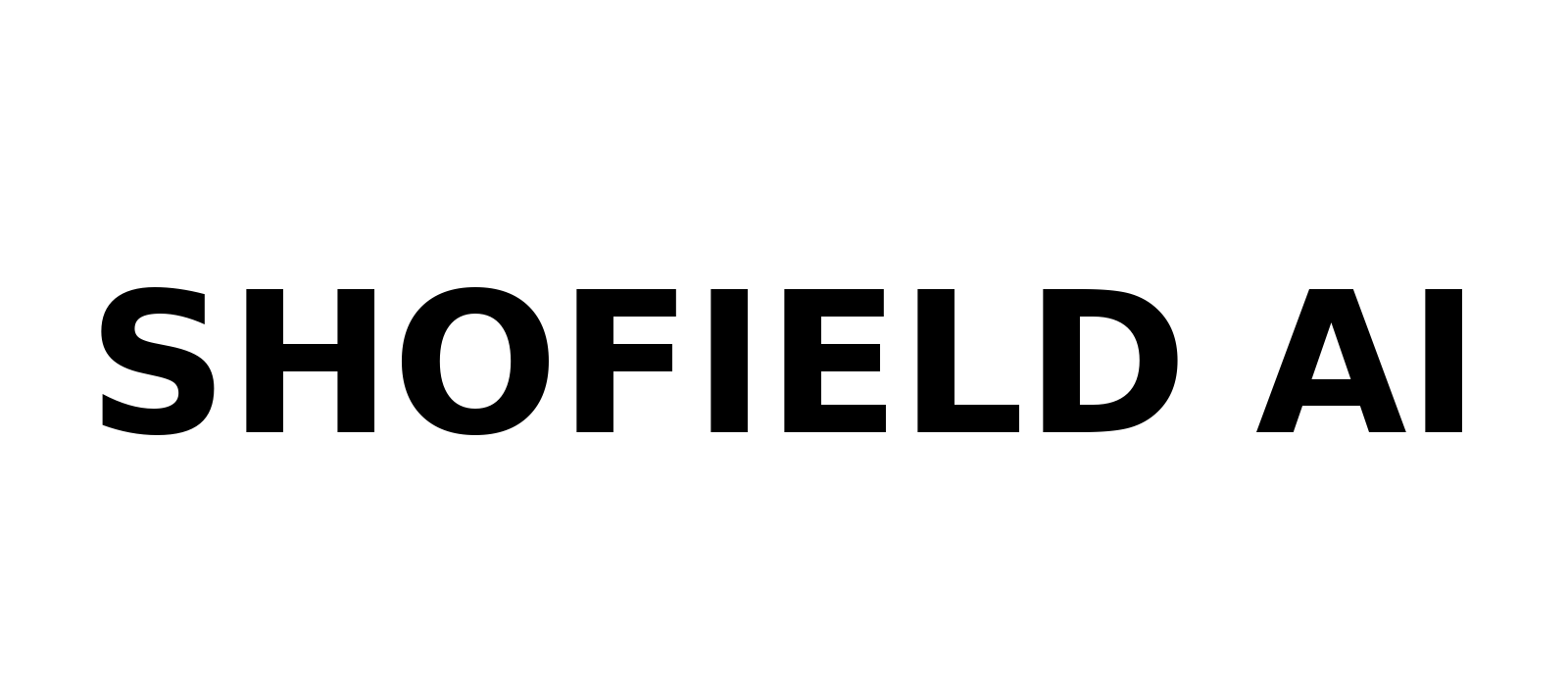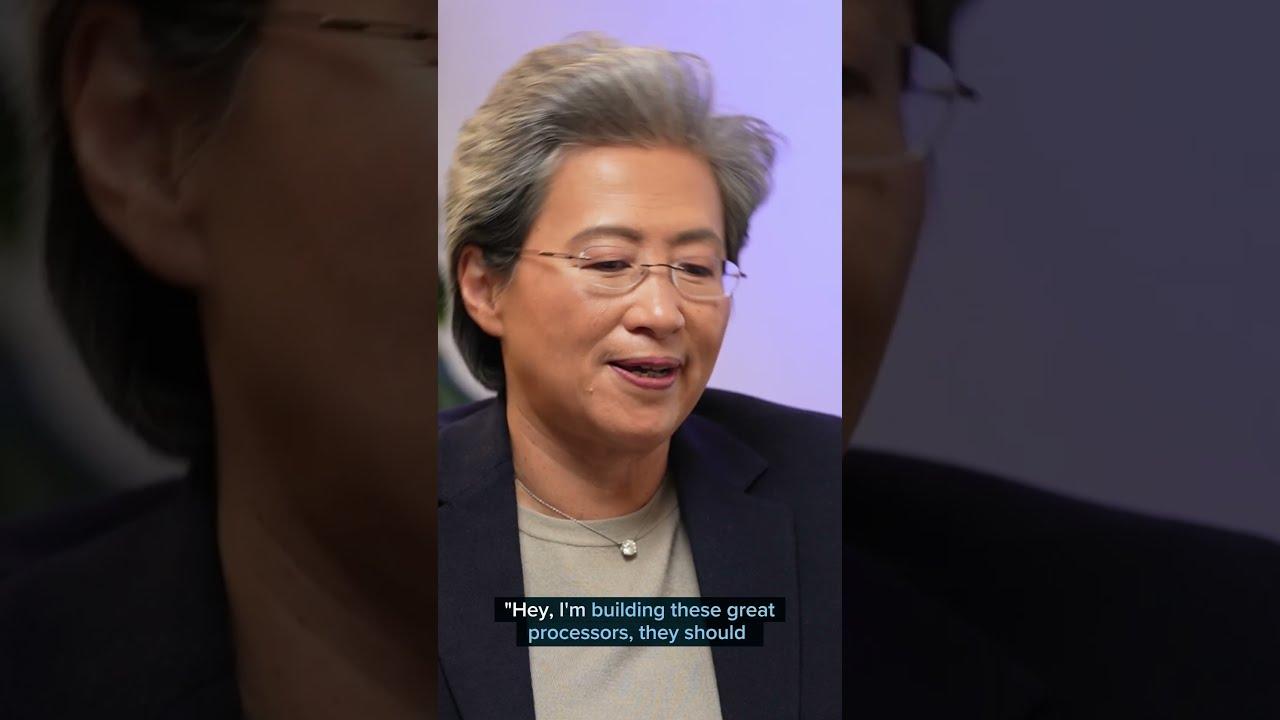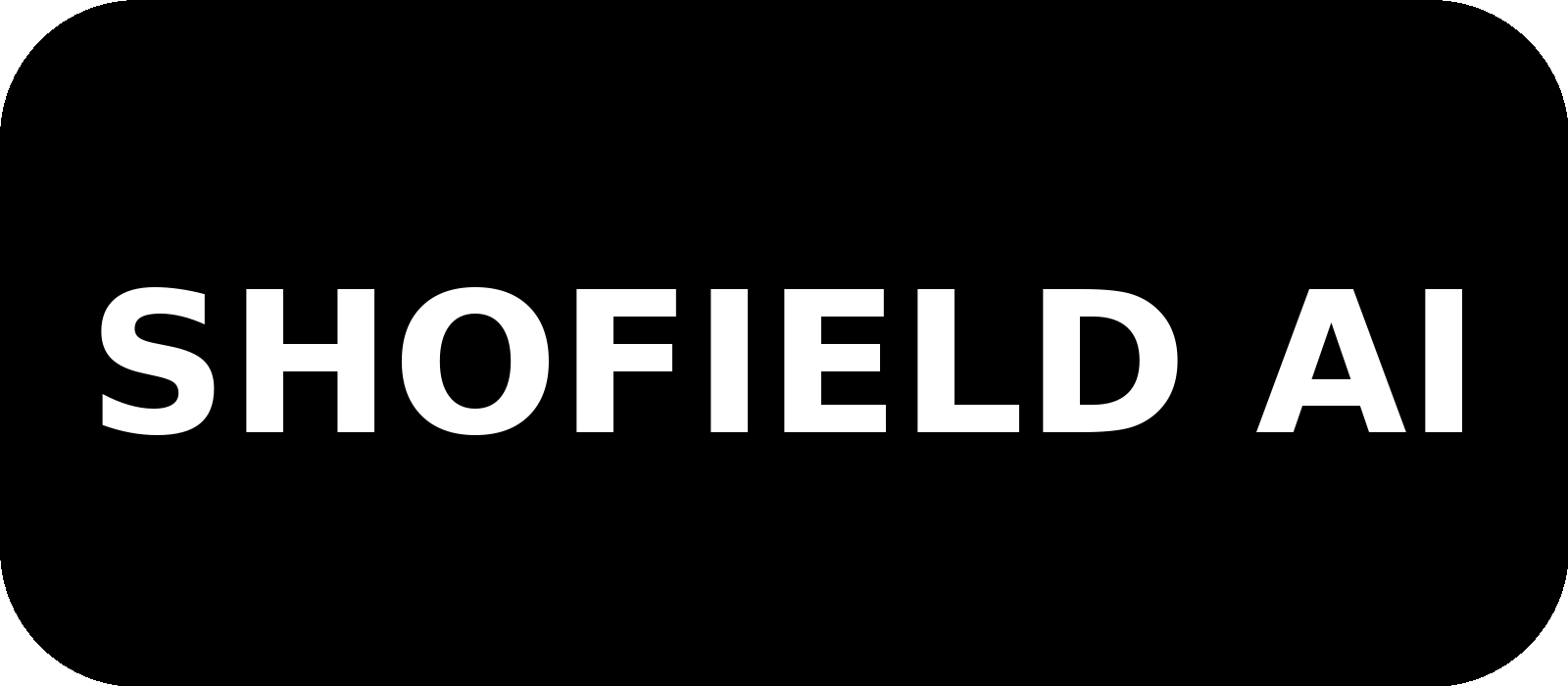Industry leaders back open-source AI definition
In an era where artificial intelligence is reshaping industries and redefining the boundaries of innovation, the call for a universally accepted definition of open-source AI has garnered unprecedented support from industry leaders. As businesses and developers navigate the complexities of AI technologies, they recognize that fostering a collaborative framework around open-source principles is essential for promoting transparency, security, and innovation. This article explores the motivations behind this collective endorsement, examining how a clear definition could not only nurture a sense of community among creators but also pave the way for responsible and ethical use of AI across various sectors. Join us as we delve into the implications of this pivotal moment in the AI landscape, where unity and shared understanding may hold the key to unlocking a more inclusive technological future.
The Case for Unified Standards in Open-Source AI Development
The rapid evolution of open-source AI has led to a diverse array of tools, frameworks, and methodologies, making it increasingly challenging for developers, researchers, and organizations to navigate the landscape effectively. The call for unified standards emerges from the recognition that standardized practices can enhance collaboration across projects, improve interoperability between systems, and ultimately accelerate innovation. By establishing clear criteria for what constitutes open-source AI, stakeholders can ensure that contributions are not only valuable but also align with ethical guidelines and best practices. This unity paves the way for a more consistent quality of software and fosters trust among users.
To achieve these standards, input from various industry leaders is crucial. Key considerations for the formation of unified standards may include:
- Licensing Transparency: Clear definitions of open-source licenses to prevent misunderstandings and ensure compliance.
- Documentation Requirements: Guidelines for comprehensive documentation that ensures usability and understanding of AI systems.
- Ethical Frameworks: Common standards addressing bias, fairness, and accountability in AI applications.
- Performance Metrics: Standardized benchmarks to evaluate the effectiveness and reliability of AI models.
By adopting these principles within a structured framework, the industry can cultivate an environment where open-source AI thrives—enabling more efficient workflows and the sharing of knowledge across borders. Below is a summary table of key stakeholders that can play significant roles in developing these unified standards:
| Stakeholder | Role |
|---|---|
| Developers | Implementing standards in codebases. |
| Researchers | Providing insights on ethical implications and technological advancements. |
| Organizations | Supporting initiatives and actively participating in standard-setting bodies. |
| Users | Offering feedback for usability and feature requirements. |
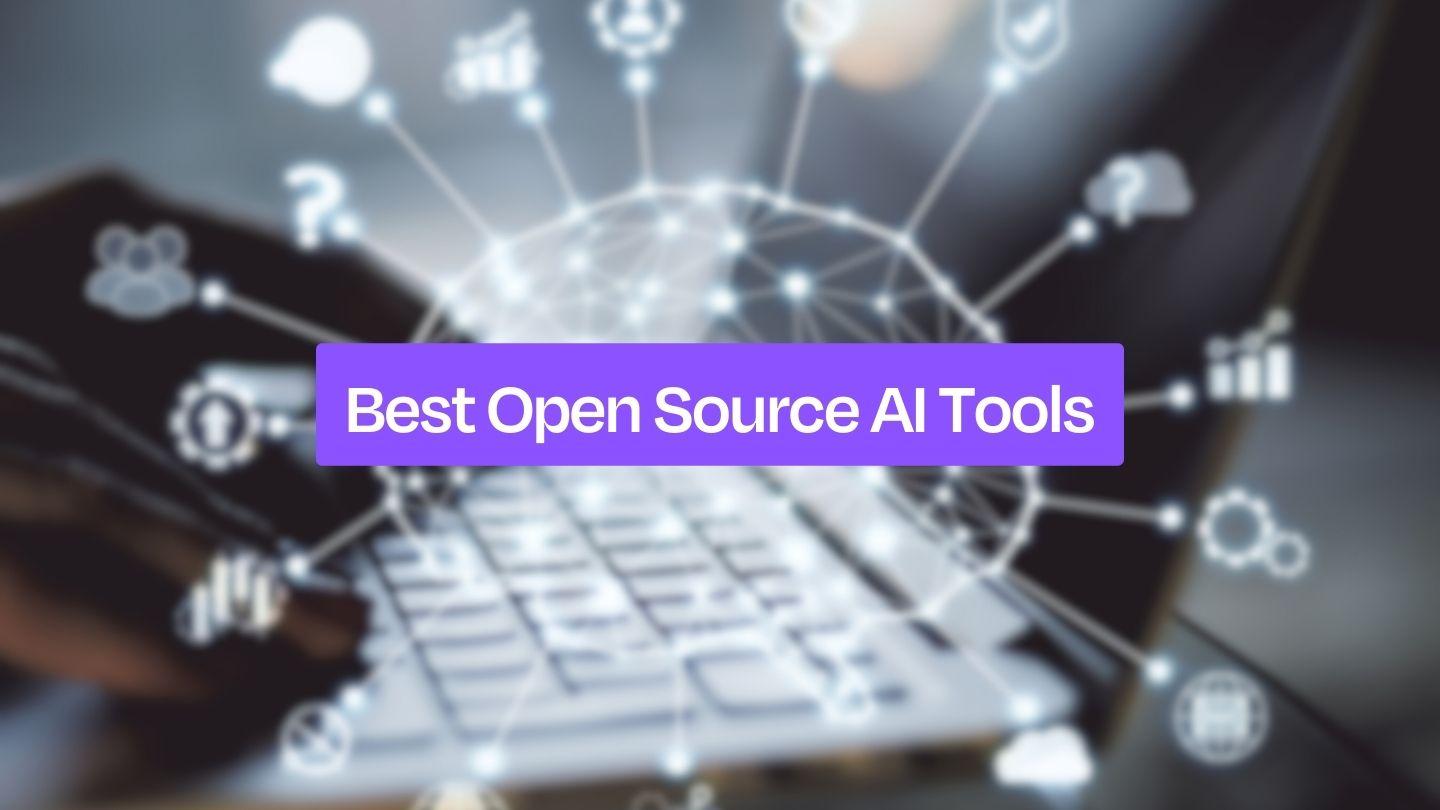
Navigating Ethical Considerations in Open-Source AI Collaboration
Open-source AI collaboration represents a pivotal shift in the way technology is developed, harnessing the power of community innovation while raising significant ethical dilemmas. As industry leaders champion the need for a definitive framework around open-source AI, it becomes essential to consider the implications of sharing AI technologies freely. Key ethical considerations include:
- Data Privacy: Ensuring that personal data remains confidential and secure, even within community-driven projects.
- Bias and Fairness: Addressing the potential for AI systems to reflect systemic biases present in training datasets.
- Accountability: Establishing clear guidelines for responsibility in the event of harmful outcomes resulting from communal AI tools.
Understanding these challenges is vital for cultivating a responsible collaborative environment. To facilitate discussions around these issues, organizations may adopt standardized practices, leading to heightened transparency and trust. A proposed framework might include:
| Framework Component | Description |
|---|---|
| Open Governance | Establishing community-led oversight committees to guide project development. |
| Ethical Guidelines | Creating shared ethical standards for the development and deployment of AI technologies. |
| Inclusive Participation | Encouraging diverse stakeholder involvement to enhance the project’s equity and relevance. |
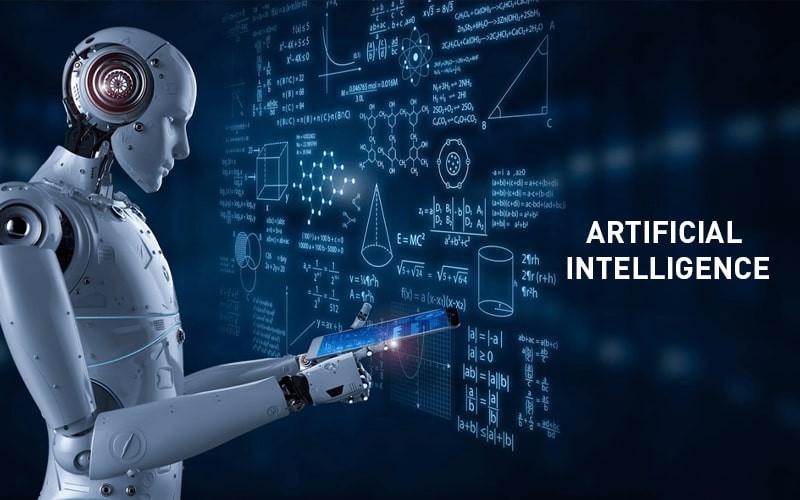
Empowering Innovation Through Community-Driven AI Initiatives
The movement towards an open-source definition of artificial intelligence is gaining traction, fueled by the collaboration of industry leaders who recognize the immense potential of harnessing collective knowledge. By advocating for transparency and accessibility, these initiatives not only enhance innovation but also democratize the development of AI technologies. The community-driven approach to AI encourages diverse contributions, leading to richer solutions that address the myriad challenges faced by various industries. Key benefits of this model include:
- Enhanced Collaboration: Facilitates partnerships among developers, researchers, and organizations.
- Cost-Effectiveness: Reduces barriers to entry for smaller companies and startups.
- Increased Trust: Builds user confidence through transparency in algorithms and data usage.
In this evolving landscape, the role of community governance cannot be overstated. Platforms that embrace open contributions are witnessing an upsurge in innovative applications, driven by insights from a variety of stakeholders. To visualize the growing support for open-source AI initiatives, consider the following comparisons of major organizational commitments:
| Organization | Commitment Level | Focus Areas |
|---|---|---|
| Tech Giants | High | Research Collaboration, Open Tools |
| Academic Institutions | Medium | Education, Ethical Frameworks |
| Startups | Growing | Innovative Applications, User Feedback |
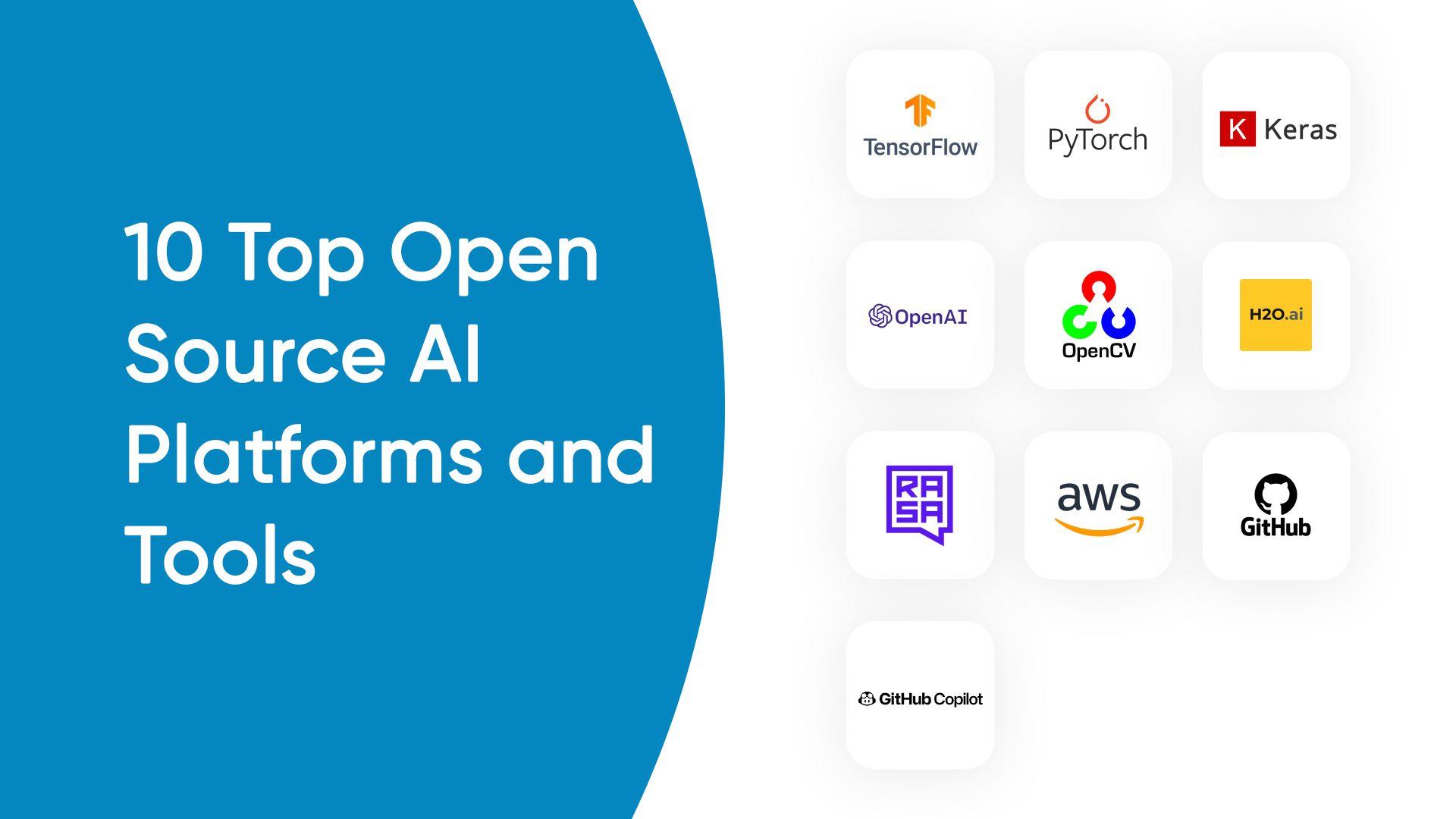
Future-Proofing AI: Strategies for Sustainable Open-Source Practices
As the artificial intelligence landscape continues to evolve, embracing open-source practices is essential for fostering innovation and collaboration. Industry leaders recognize that a sustainable approach involves not only making AI tools accessible but also ensuring that they can adapt to future challenges. To achieve this, organizations need to adopt strategies that emphasize transparency, community engagement, and continuous improvement. This means developing frameworks that facilitate the sharing of knowledge and resources, while also encouraging diverse contributions from a wide range of stakeholders.
Incorporating the following principles can help organizations future-proof their AI initiatives:
- Modularity: Design systems that allow for easy upgrades and modifications.
- Documentation: Maintain comprehensive documentation to support onboarding and ongoing collaboration.
- Interoperability: Ensure compatibility with various tools and platforms to foster integration.
- Ethical Guidelines: Establish clear ethical standards to guide AI development and deployment.
| Strategy | Description |
|---|---|
| Open Collaboration | Encourage contributions from researchers and developers across the globe. |
| Community Building | Foster a supportive network that promotes knowledge sharing and mentorship. |
| Continuous Learning | Implement training programs to keep teams updated on the latest AI advancements. |
Key Takeaways
As the lines between innovation and accessibility continue to blur, the backing of open-source AI definitions by industry leaders marks a pivotal moment in the landscape of artificial intelligence. This collaboration among key players not only promotes transparency but also fosters an environment where ethical practices and shared knowledge can thrive. As we look to the future, the emphasis on open-source frameworks may very well guide the development of AI technologies that prioritize inclusivity and collaboration. In this ever-evolving field, the call for a unified definition is a step towards ensuring that advancements benefit society as a whole. As we navigate this exciting journey, let us remain committed to fostering a culture of openness that empowers creators and users alike, paving the way for a more equitable technological future.
